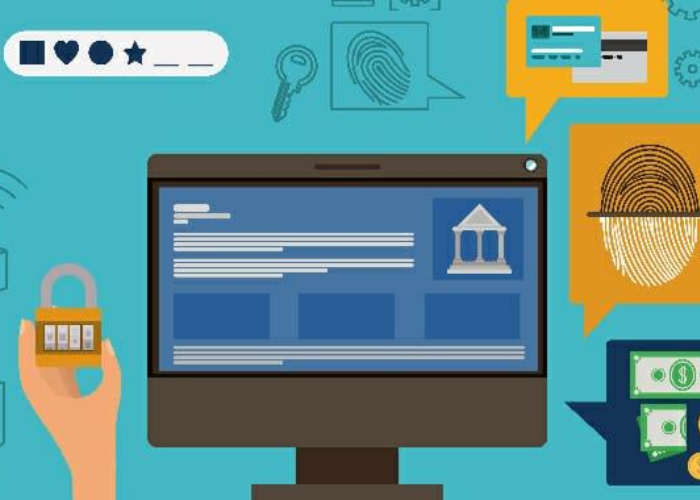Online privacy and security have become increasingly important, especially in this digital age. With the rise of social media and the amount of personal data that is stored online, it has become more important than ever to be aware of how to protect your online privacy and security.
Establishing Good Habits on Social Media
One of the best ways to protect your online privacy and security is to practice good habits when it comes to social media. This includes refraining from posting too much personal information, avoiding clicking on suspicious links, and being careful about who you accept friend requests from. It is also important to be aware of the privacy settings on each website you use and adjust them accordingly.
Understanding the Different Types of Privacy and Security
In order to protect your online privacy and security, it is important to understand the different types of threats out there. This includes malware, phishing, identity theft, and spyware. Once you understand what these threats are and how they work, you can better protect yourself from them.
Using Secure Passwords and Multi-Factor Authentication
The next step to protecting your online privacy and security is to use strong passwords and multi-factor authentication. Strong passwords should be at least 8 characters long and include a combination of upper and lower case letters, numbers, and special characters. Multi-factor authentication adds an extra layer of security, as it requires two or more authentication steps in order to gain access to an account or service.
Staying Up-to-Date with Latest Security Updates
Staying up-to-date with the latest security updates is crucial for protecting your online privacy and security. This means keeping your anti-virus and anti-malware programs up-to-date, as well as any other software that you use. It is also important to keep your operating system and other software updated, as these updates often include fixes for security vulnerabilities.
Using Anonymization and Encryption Technologies
Anonymization and encryption technologies are great tools for protecting your online privacy and security. Anonymization services such as Tor and I2P allow you to browse the web anonymously, while encryption services such as VPNs and HTTPS allow you to encrypt your data so that it cannot be read by anyone else.
Maintaining Awareness of Possible Threats On the Web
It is also important to be aware of potential threats on the web. This includes staying up-to-date on the latest scams, phishing attempts, and other malicious activities. It is also important to be aware of data breaches, as these can lead to the loss of personal data and the theft of information.
Conclusion
Online privacy and security are important to protect. By following the steps outlined above, you can ensure that your online privacy and security are protected. These include establishing good habits on social media, understanding the different types of threats, using secure passwords and multi-factor authentication, staying up-to-date with the latest security updates, using anonymization and encryption technologies, and maintaining awareness of possible threats on the web. By taking these steps, you can ensure that your online privacy and security are protected and that your personal data is secure.

